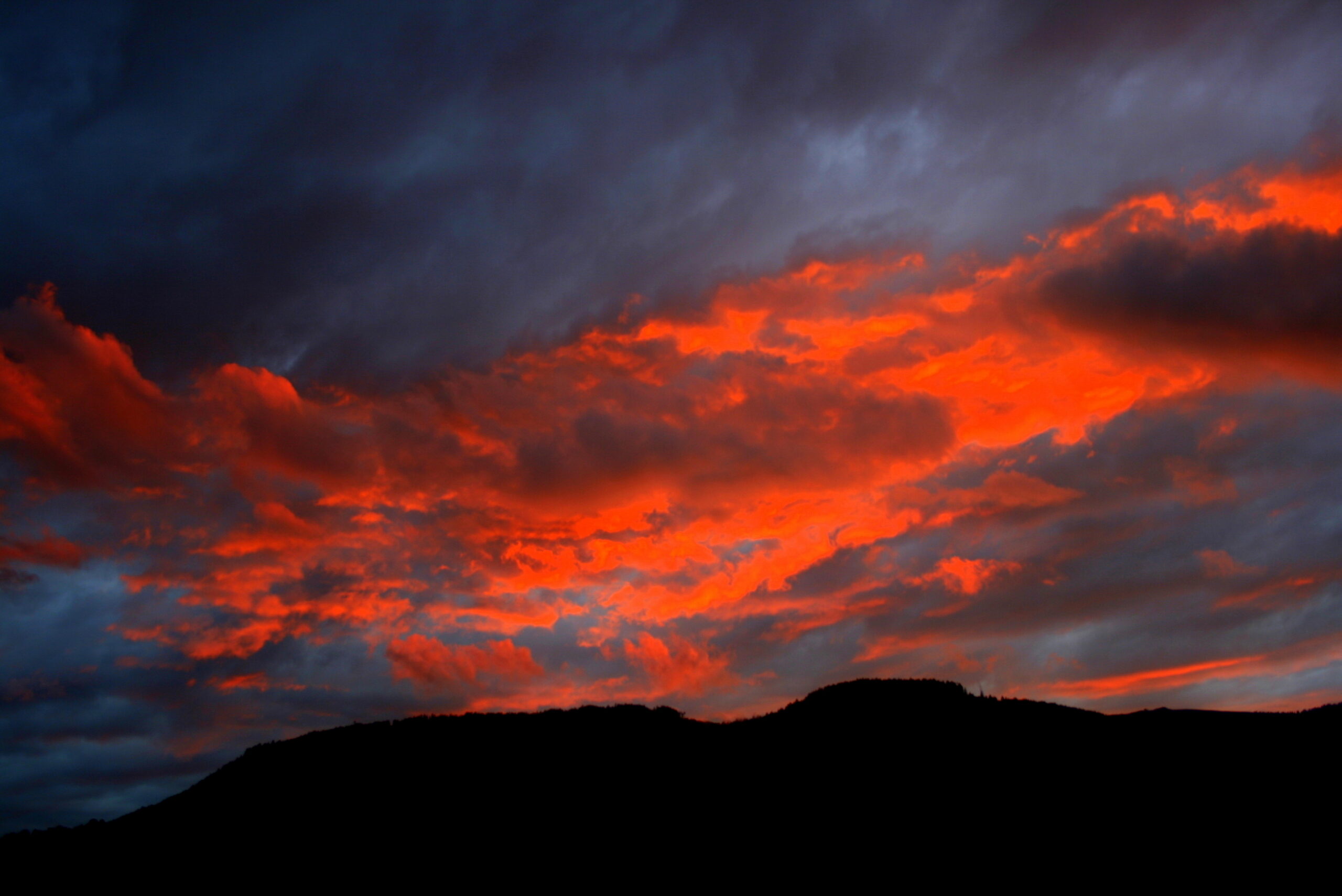ISLAMABAD: – Dark skies should be considered as natural resource that we need to conserve and pass on to our future generations. The experts on the subject said this while sharing their thoughts with the audience at webinar ‘Light pollution and conservation of the dark skies’ organized by Sustainable Development Policy Institute (SDPI).
Managing Director, National Energy Efficiency & Conservation Authority (NEECA), Dr Sardar Mohazzam, informed the participants that NEECA has developed the Minimum Energy Performance Standards for LEDs which ultimately leads to conservation of dark skies. Besides, we are working with the manufacturers, assemblers, and importers to put lighting standards in place, he added.
Technical Lead for the Clean Lighting Coalition (CLIC), Mr Michael Scholand, on the occasion shared some insights from the French National Regulation to reduce outdoor light pollution. Mr Michael Marlin, International Astronomical Union, emphasized that we should take dark skies as a national resource, and it is important to explore the monetary value of the dark skies through astro-tourism.
Dr Vaqar Ahmed, Joint Executive Director, SDPI, while covering diverse aspects of the topic, said that we need to integrate the lightning agenda in economic and fiscal policies. Therefore, we need to step up advocacy, outreach, and policy engagement along with capacity building of the stakeholders in this area as a coalition, he asserted.
Founder of Cosmic Tribe and International Astronomical Union, Mr Rayan Khan, covered various aspects of non-scientific terminologies, and engaging the audience through different strategies such as through attractive costumes in debate on the dark sky conservation debate. He asserted that we already have dark skies in Pakistan, and we need to preserve it in a way that it can serve as a cultural heritage for our future generations.
Dr Zaigham Abbas, National Program Manager, Ministry of Climate Change, was of view that we need to involve the provincial departments and stakeholders in the process and to educate the manufacturers along with tourism industry to mobilize work on controlling light pollution and conservation of the dark skies in Pakistan.
Mr Adil Ahmed, Assistant Director, Sindh Tourism Development Corporation (STDC), while highlighting potential of dark sky tourism in Sindh, said that we must protect our ecosystems. Mr Umair Asim, President, Lahore Astronomical Society, suggested that the best way forward for raising awareness regarding dark skies in public is to involve public and amateur astronomer communities in related activities.

